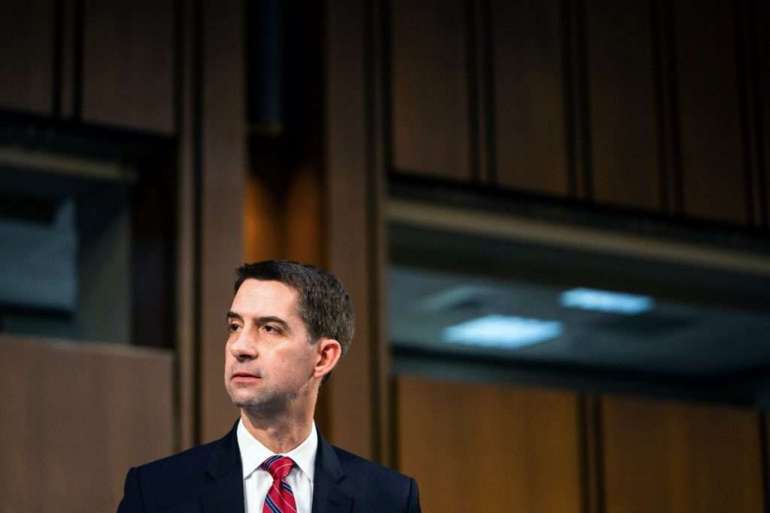Cotton to block Garland’s quick confirmation to lead Biden DOJ

The hold that Cotton has placed on Garland’s nomination means that Senate Majority Leader Chuck Schumer will need to clear a procedural hurdle before a final confirmation vote. Democrats had hoped that Republicans would agree to skip that step, particularly given that several of them — including Minority Leader Mitch McConnell — plan to support the nominee.
But with Cotton blocking an agreement and the Senate’s focus on passing Biden’s coronavirus relief package, a final confirmation vote on Garland is expected to occur next week at the earliest.
During Garland’s confirmation hearing, Cotton pressed the nominee on his views on the death penalty. Garland responded that over the past two decades he has “developed concerns” about the procedure and its impact on communities of color.
In his tweets Wednesday evening, Cotton also criticized Garland’s answers on immigration policy. When Cotton asked whether he believed “illegal entry at our borders should remain a crime,” Garland responded that “the President has made clear that we are a country of borders and with a concern about national security,” but said that he did not know “of a proposal to decriminalize but still make it unlawful to enter.”
The Senate Judiciary Committee voted Garland out of committee on Monday. While he received support from the committee’s ranking member Sen. Chuck Grassley (R-Iowa), seven Republicans on the committee, including Cotton, voted against him. McConnell blocked Garland’s Supreme Court nomination in 2016 but plans to support him for attorney general.
Garland is currently a judge on the powerful D.C. Circuit Court of Appeals, which complicates his ability to answer certain legal questions. At his confirmation hearing, he primarily stressed his law enforcement background. Prior to becoming a federal judge, Garland was a prosecutor and helped lead DOJ’s investigation into the 1995 Oklahoma City bombings.